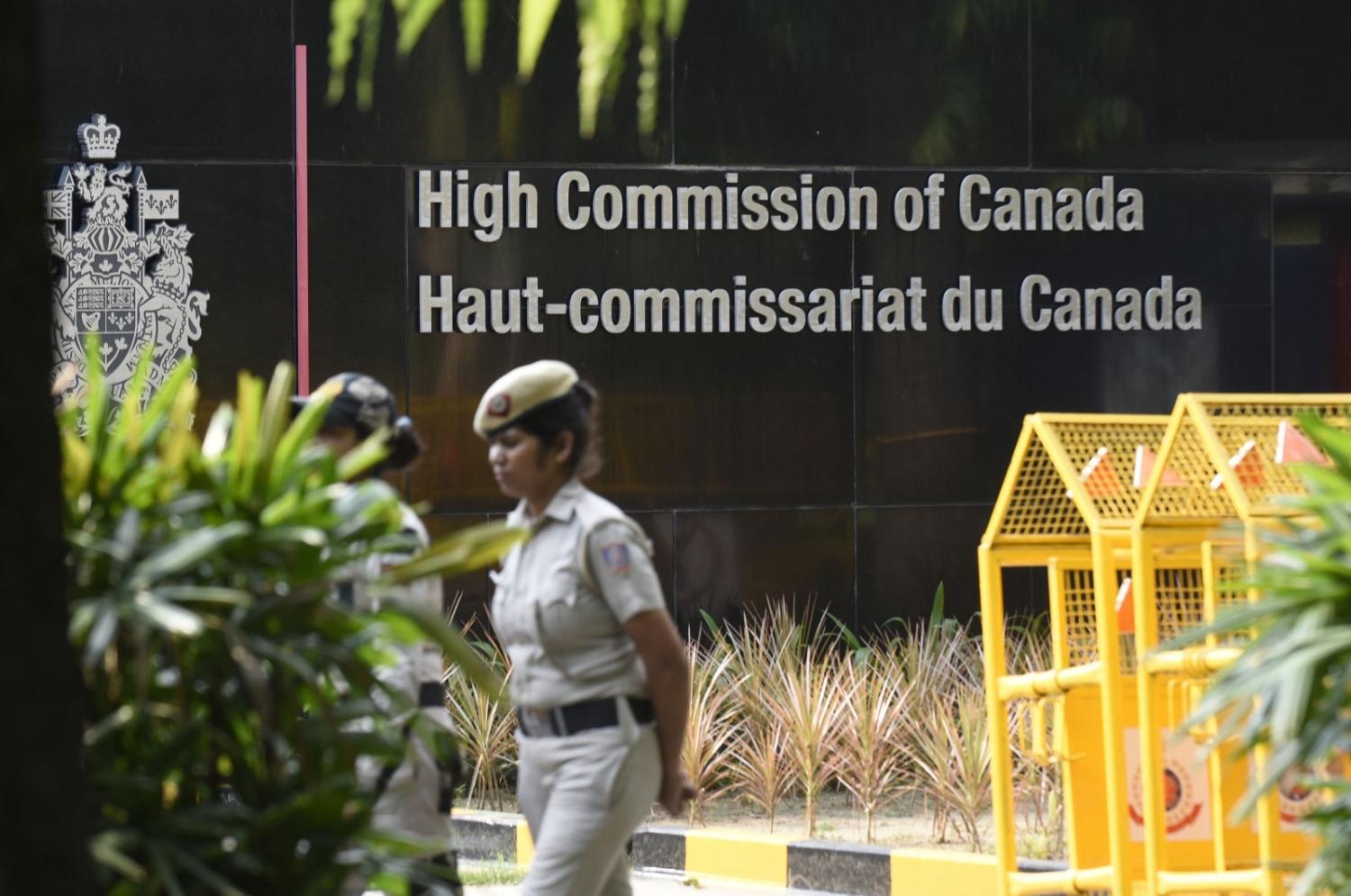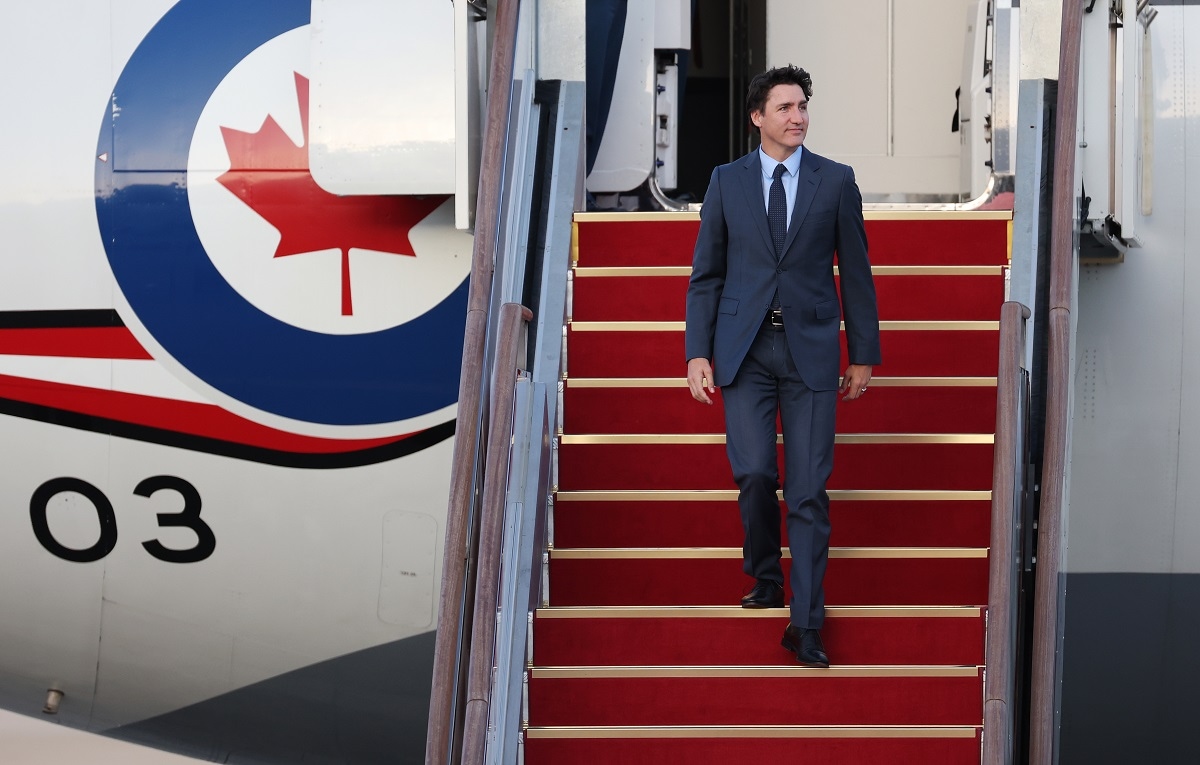Separatism, approval ratings and a Cold War hangover are
the backdrop to the most recent Canada–India dispute.

Foreign policy is invariably subservient to domestic politics, especially in democracies with regular elections. The ongoing Canada–India spat is causing much unease in English-speaking capitals such as Washington, London and Canberra. Last week, Canadian Prime Minister Justin Trudeau made a disquieting allegation in the Canadian parliament. He claimed that agents of the Indian government were involved in the killing of a Canadian national, Hardeep Singh Nijjar.
Concrete evidence? That remains lacking, for now.
Trudeau’s allegation sparked a furore in India. Nijjar was a declared terrorist in India, the head of a separatist group. Responding to Trudeau, the Indian Ministry of External Affairs categorically refuted the allegations and pointed out that many people involved in separatist violence in India receive “safe haven” in Canada. The back and forth between Ottawa and Delhi has quickly snowballed into diplomatic mudslinging. Both sides have also expelled the other’s senior diplomats from their capitals.
It has long been an open secret that Trudeau did not get along with his Indian counterpart. Domestic priorities pulled the two leaders apart. More on this a little later.
How did Canada–India relations reach this juncture? During the Cold War, there was not much significant engagement between the two countries. Moreover, being on the opposite sides of the primary geopolitical fault line kept Ottawa and Delhi estranged. Following India’s nuclear tests in 1998, the relationship – if one could call it that – went into free fall. Since then, ties have seemingly recovered due to large immigrant and student inflows from India and more investment and trade between the two sides.

However, the phantom of separatism is the central issue that haunts the relationship. Since the 1970s, the rise of a separatist movement in the Indian state of Punjab has received significant support from a wealthy minority of the Sikh diaspora. Emigration of the Sikh diaspora from India is primarily to the Anglosphere – Canada, Australia, the United Kingdom and the United States.
Delhi repeatedly raises concerns about separatist elements with those capitals. Ottawa has proven the most difficult to work with on the issue. For example, the mastermind behind the bombing of Air India flight 182 from Toronto to Mumbai in June 1985, which killed 329 people, was long wanted in India. Delhi had requested his extradition in 1982, only to be turned down by Ottawa.
Coming back to the current bout, why did Trudeau bring up the allegations now? Experts offer varied explanations. The one that seems prevalent in India is that Trudeau’s approval ratings back home have been going downhill in the last few years. Estimates suggest that the Liberal Party banks on 20–25 constituencies with a dominant Sikh population – especially in the Brampton, Vancouver and Surrey areas. Trudeau cannot afford to lose the electoral support of this bloc. Therefore, domestic electoral compulsions explain Trudeau’s underplaying of India’s concerns about Ottawa harbouring separatist elements. Moreover, former Indian diplomats who have served in Canada argue that a small minority in Canada’s Sikh community harbouring separatist sentiments has hijacked Ottawa’s India policy.
Despite sharing similar concerns about China and being key American partners, the rhetoric of defending the international order and a shared vision for the Indo-Pacific cannot assuage the cynicism that has crept into India–Canada relations.
Mutual scepticism between India and Canada could have short-term implications for India’s growing relations with the Anglosphere. While India’s best-case scenario would be to deepen its engagement with Canada, Ottawa does not hold the same strategic significance for Delhi as Washington or Canberra. At the same time, Canada is a NATO member and a Five Eyes ally, associations that put it into a closer US orbit if observed through a traditional lens.
The difficult question is which country can bring more to the table for American and Australian strategic interests: India or Canada? Muted reactions from Washington and Canberra to Trudeau’s allegations tell a tale of their own. However, we would do well to remember that the Canada–India dispute is still in flux. It is therefore unwise to reach hasty conclusions.
